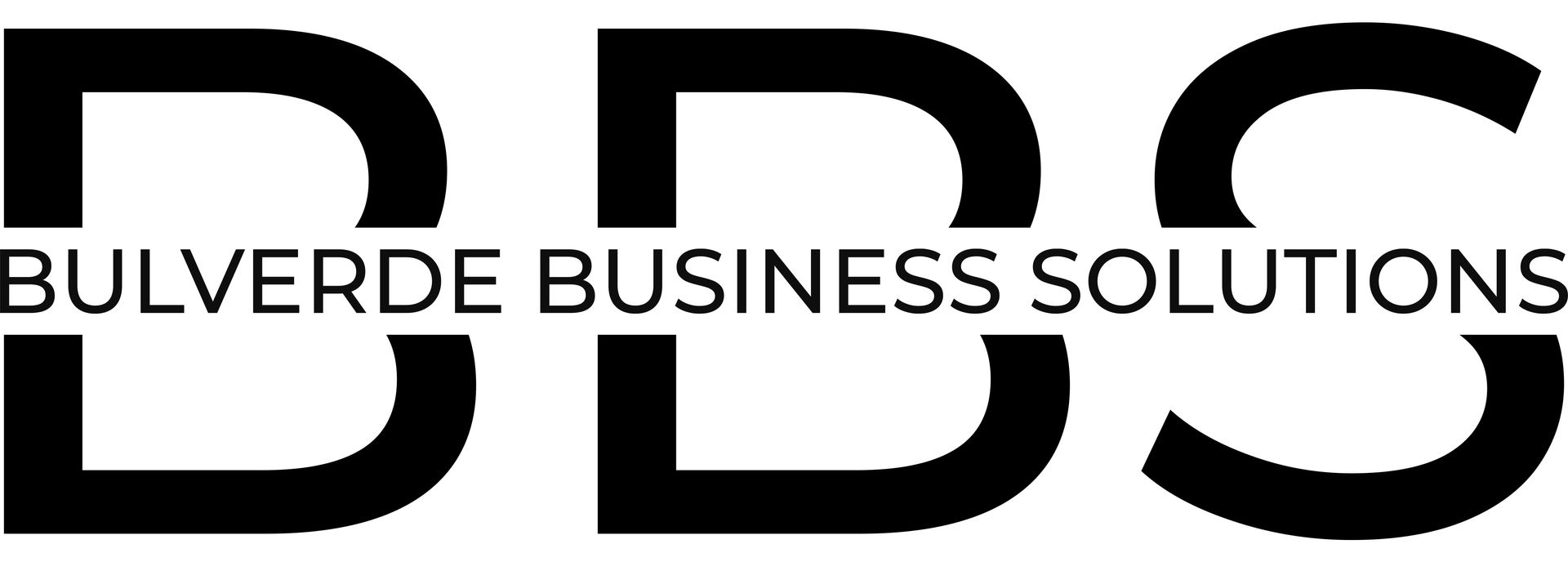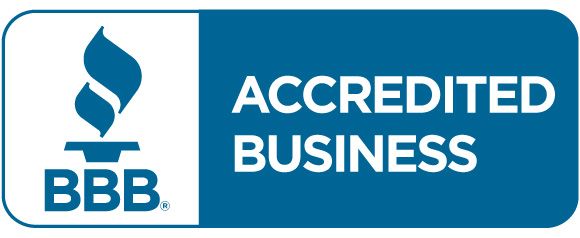The Pros and Cons of Hiring an In-House Accountant for Your Business
Outsource Bookkeeping or Hire an Employee?
Pros of Hiring an In-House Accountant or Bookkeeper:
- Accessibility and Availability: The primary advantage of having an in-house accountant is the accessibility and availability they offer. With an in-house accountant, business owners have someone readily available on-site to address their financial queries, provide guidance, and offer support whenever necessary. Unlike outsourcing to a third-party provider, where response times may vary, having an in-house accountant ensures immediate access to financial expertise, especially during critical times such as tax season, financial audits, or strategic planning meetings.
- Familiarity with Your Business: Another significant benefit of hiring an in-house accountant is their familiarity with your business. Over time, an in-house accountant develops an intimate understanding of your company's finances, operations, and industry-specific nuances. This deep knowledge enables them to identify potential issues or opportunities that an external accountant might overlook. They become integral to your team, aligning their efforts with your business goals and objectives and providing valuable insights to drive informed decision-making.
- Customization of Services: In-house accountants offer the advantage of tailoring their services to meet the specific needs of your business. They work closely with you to understand your financial requirements, operational challenges, and strategic objectives. This collaborative approach allows them to create customized reports, economic analyses, and forecasting models that provide actionable insights tailored to your business's unique circumstances. Whether you need detailed financial reports for stakeholders, cash flow projections for budgeting purposes, or strategic financial advice for growth initiatives, an in-house accountant can deliver personalized solutions that address your specific challenges and support your long-term success.
- Strategic Partnership: By hiring an in-house accountant, business owners gain a strategic partner deeply invested in the company's success. Unlike external accounting firms that may have multiple clients and competing priorities, an in-house accountant focuses exclusively on your business. They become a trusted advisor, offering strategic guidance, financial expertise, and operational insights to help you navigate challenges, capitalize on opportunities, and achieve your business goals. This close collaboration fosters alignment, accountability, and commitment to driving growth and profitability.
Cons of Hiring an In-House Accountant:
- Cost: While hiring an in-house accountant offers numerous benefits, it also comes with significant costs. Employing a full-time accountant entails paying their salary and providing benefits such as healthcare, retirement contributions, paid time off, and other employee perks. Additionally, overhead expenses are associated with maintaining office space, equipment, software licenses, and professional development opportunities for the accountant. Depending on your location and the accountant's experience level, these costs can add up quickly and strain your budget, especially for small businesses with limited financial resources.
- Limited Expertise: While in-house accountants possess expertise in financial management, reporting, and compliance, they may need more breadth of knowledge and specialized skills offered by external accounting firms. In-house accountants are responsible for various financial tasks, from bookkeeping and payroll processing to financial analysis and reporting. While they may excel in certain areas, such as day-to-day accounting operations or industry-specific regulations, they may need more expertise to address complex accounting issues, implement advanced tax strategies, or provide specialized advisory services. This limitation could hinder your ability to take advantage of specialized accounting services that your business may need to achieve its strategic objectives and maximize financial performance.
- Risk of Turnover: Like any employee, in-house accountants may leave the company for various reasons, including career advancement opportunities, personal circumstances, or dissatisfaction with their role or compensation. The turnover of an in-house accountant can disrupt business operations, leave a gap in financial management, and impact productivity, decision-making, and continuity. Additionally, recruiting and training a replacement accountant can be time-consuming, costly, and disruptive to business operations, especially if there is a shortage of qualified accounting professionals in the job market. This turnover risk underscores the importance of succession planning, employee retention strategies, and cross-training initiatives to mitigate the impact of staff turnover on your business's financial management function.
Conclusion:
The decision to hire an in-house accountant or outsource accounting needs is a crucial one, demanding a thorough understanding of your business's unique needs, budget constraints, and long-term objectives. While an in-house accountant offers accessibility, familiarity, and customization, there are potential drawbacks, including cost, limited expertise, and turnover risk. It's vital to carefully consider the pros and cons of each approach, evaluate your business's financial requirements, and assess the impact on your overall business strategy and profitability.
Ultimately, the decision should align with your business's unique circumstances and objectives. Hiring an in-house accountant may be the right choice if personalized services, immediate accessibility, and strategic partnership are critical priorities for your business, provided the budget allows for it. However, outsourcing accounting needs to a third-party provider can offer significant benefits, including cost savings, access to a broader range of expertise, and flexibility to scale services as needed, making it a more practical option for businesses looking to optimize efficiency and resources.
Regardless of your chosen approach, the key to effective financial management and sustainable growth and success lies in collaboration, communication, and alignment with your business goals. Choosing the right accounting solution for your business can enhance financial transparency, optimize decision-making, and unlock new opportunities for innovation and profitability.












